It’s all part of the experience

0
0
0
0
- Meaning
- The meaning of the phrase emphasizes that every moment, including challenges and hardships, forms part of the rich tapestry of life experiences. Philosophically, it connects with existentialism, which posits that life should be embraced in its entirety, leading to personal growth and deeper understanding. Psychologically, it resonates with resilience, teaching that setbacks can lead to valuable lessons.
- Allegory
- The allegorical image comprises various elements representing the journey of life, highlighting that both joyful and challenging moments are essential. The winding path symbolizes the unpredictability of life, while the contrast between sunny and stormy weather illustrates how experiences shape our understanding and growth. Flowers and trees represent resilience, emphasizing that through adversity we can nurture and develop our true selves.
- Applicability
- You can apply this understanding in daily life by reframing negative experiences as opportunities for growth. Instead of viewing difficulties as failures, consider them integral to your journey. This mindset encourages gratitude for all experiences, fostering emotional resilience and a more positive outlook on life.
- Impact
- This phrase has impacted self-help culture, emphasizing personal growth and resilience. It is often quoted in motivational contexts and workshops aimed at personal development, urging individuals to view life’s challenges positively.
- Historical Context
- The exact period of origin for the phrase is uncertain, but it likely reflects modern attitudes toward experience that emerged prominently in the late 20th century. It aligns with trends in personal development and existential philosophy advocating for embracing life's complexities.
- Criticisms
- Criticism of this phrase often revolves around the idea that not all experiences are positive or that some experiences can lead to trauma rather than growth. Critics might argue that the phrase oversimplifies complex emotional responses to hardship, implying that any negative experience is inherently beneficial.
- Variations
- Variations of this phrase exist across cultures, often framed in context to facing adversity as part of life’s journey. In non-Western philosophies, such as Buddhism, suffering is viewed as an integral part of life, suggesting a similar understanding that experiences shape personal development.
-
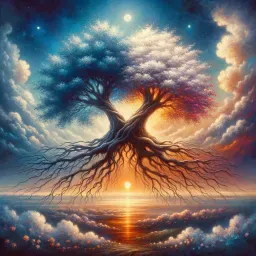
I’d rather die tomorrow than live a hundred years without knowing you.
-
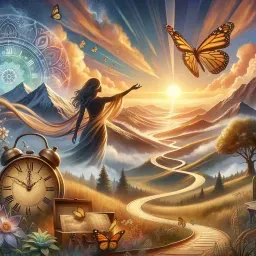
Seize your moment.
-

You don’t have to be perfect to be amazing.
-
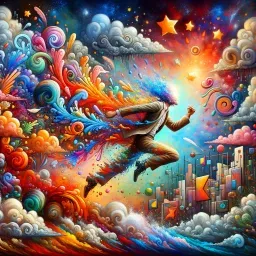
I’m gonna wreck it!
-
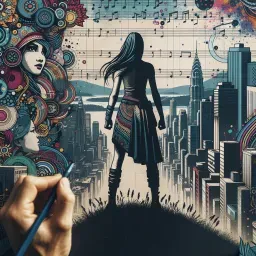
What can I say? I’m a rebel.
-

I can’t help but feel like they’re daring us to do something.
-

It’s not until you lose everything that you can truly appreciate everything.
-

You’re only a fool if you give up.
-

Now that’s what I call a party!
-
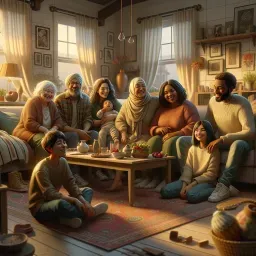
This is my family. I found it, all on my own. It’s little and broken, but still good. Yeah, still good.
-

Venture outside your comfort zone. The rewards are worth it.
-
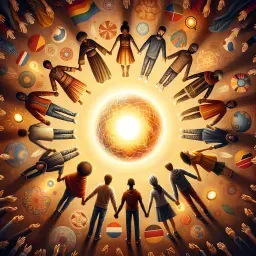
Nobody gets left behind.
No Comments